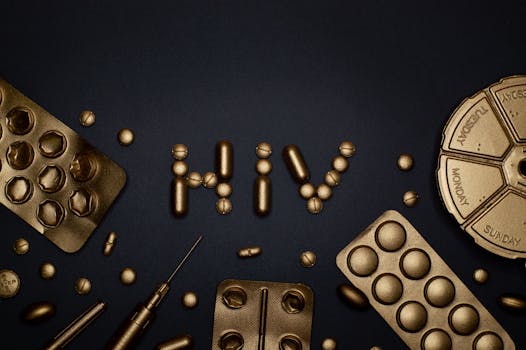
The Science Behind Vaccines and Public Health
Vaccines and public health are intricately linked, with vaccines playing a crucial role in maintaining and improving public health. The science behind vaccines is complex and fascinating, and understanding it is essential for appreciating the importance of vaccines in preventing the spread of infectious diseases.
What are Vaccines?

Vaccines are substances that stimulate the body’s immune system to produce antibodies and immune cells that can recognize and attack specific pathogens, such as viruses or bacteria. Vaccines can be made from weakened or killed pathogens, or from components of pathogens, such as proteins or sugars.
How do Vaccines Work?

When a vaccine is administered, it stimulates the immune system to produce antibodies and immune cells that can recognize and attack the specific pathogen. This provides immunity against future infections, as the immune system can quickly respond to the presence of the pathogen and prevent it from causing disease.
Types of Vaccines

There are several types of vaccines, including inactivated vaccines, live attenuated vaccines, conjugate vaccines, and subunit vaccines. Inactivated vaccines contain killed pathogens, while live attenuated vaccines contain weakened pathogens. Conjugate vaccines combine a weakened pathogen with a carrier protein, while subunit vaccines contain only specific components of a pathogen.
Vaccine Development and Testing

Vaccine development and testing involve several stages, including research, preclinical testing, clinical trials, and licensure. Researchers identify potential vaccine candidates and test them in laboratory and animal studies before conducting clinical trials in humans. The vaccine must demonstrate safety and efficacy in clinical trials before it can be licensed and made available for public use.
Vaccines and Public Health

Vaccines have had a profound impact on public health, saving millions of lives and preventing countless cases of disease. Vaccines have eradicated smallpox and nearly eradicated polio, and have significantly reduced the incidence of diseases such as measles, mumps, and whooping cough.
Challenges and Controversies

Despite the many benefits of vaccines, there are also challenges and controversies surrounding their use. Some people are concerned about the safety of vaccines, while others are opposed to vaccination on philosophical or religious grounds. Additionally, there are challenges in developing and distributing vaccines, particularly in low-income countries.
Conclusion

In conclusion, the science behind vaccines is fascinating and complex, and understanding it is essential for appreciating the importance of vaccines in preventing the spread of infectious diseases. Vaccines have had a profound impact on public health, saving millions of lives and preventing countless cases of disease. While there are challenges and controversies surrounding the use of vaccines, the benefits of vaccination far outweigh the risks, and vaccines will continue to play a vital role in maintaining and improving public health.






